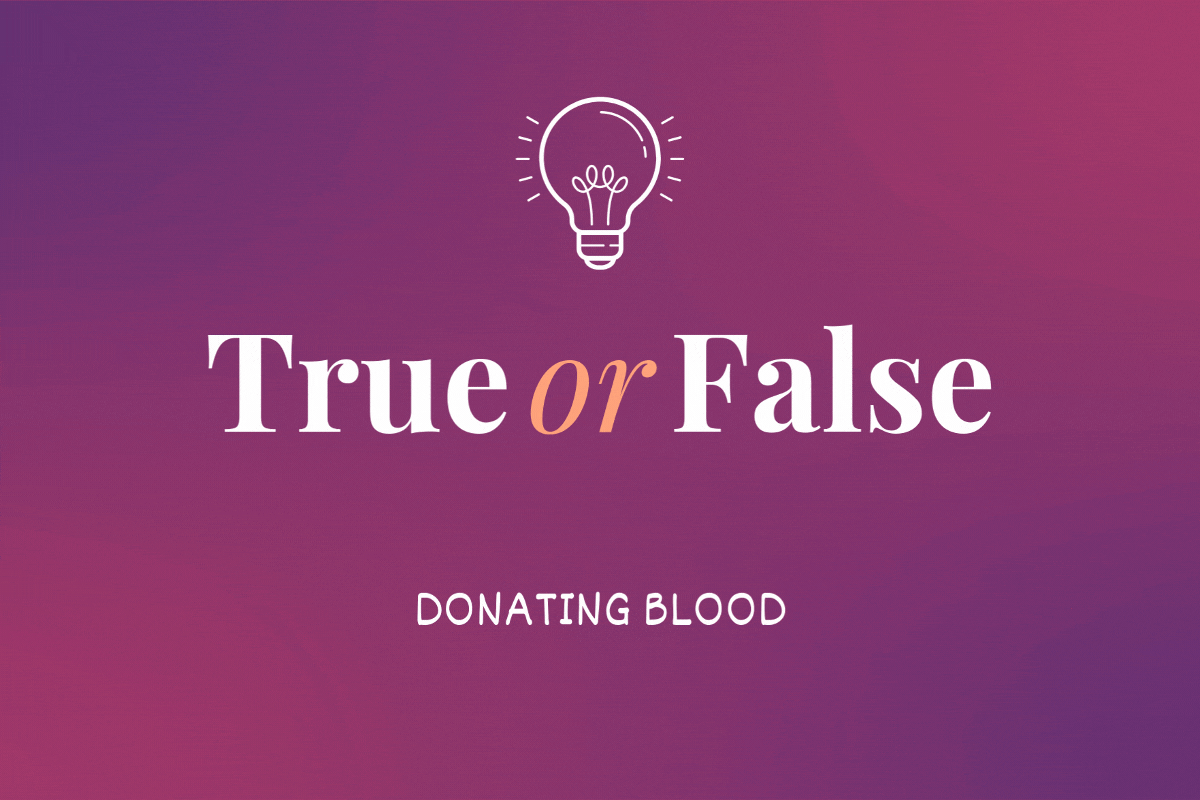When Is the Best Time to Take Creatine? Experts Explain
BY NOW, YOU’VE probably heard the benefits of creatine.
For good reason, too – the muscle-building, strength-boosting benefits have been proven through decades of high-quality research. Creatine supplements have been found ‘to improve strength, enhance recovery, and increase stores of lean muscle mass,’ says Kylene Bogden, M.S., R.D.N., sports performance dietitian for the Cleveland Cavaliers.
If you’re taking creatine, or if you’re thinking about starting it, you’ll want to know when is best to take it. Here, dietitians explain when to take creatine for maximum power.
When is the best time to take creatine?
Research shows a slight edge if you take it post-workout, but the most important time to take creatine is every day.
‘When digging into this topic, you may come across conflicting research with most of it recommending taking creatine right before exercise or immediately after,’ says Bogden. ‘However, at the end of the day, consistency is key. It is significantly more important to focus on not missing your daily supplement of creatine versus focusing on when to take it. In a nutshell, regular consumption is what leads to increased muscle stores.’
Robert Iafelice, M.S., R.D.N., nutrition expert at SETFORSET, agrees that timing is a matter of “personal choice.”
For certain people, post-workout creatine may provide some kind of edge: ‘The benefit of taking creatine post-workout is that muscle cells have a greater affinity for uptake of creatine after exercise,’ says Iafelice. ‘In other words, exercise causes muscle cells to have a heightened sensitivity for nutrients, including creatine. The supplemental creatine is thus stored for use at the next workout.’
What is creatine?
Incase you need a refresher, here’s what creatine is and how it works.
‘Creatine is a natural compound made up of three amino acids: methionine, arginine, and glycine. About half of our requirement for creatine is obtained from foods such as meat, seafood, and poultry (vegan diets are very low in creatine); the other half is synthesised by the body,’ says Iafelice. ‘Supplemental creatine is used to enhance muscle mass, strength, and power. It is ideally suited for sports that feature brief, high-intensity effort such as weightlifting and sprinting.’
Creatine doesn’t only come doled out in scoop form from a container. Creatine is an amino acid found that is sourced through the foods we eat. Most potent in creatine is animal protein, says Bogden.
‘Specifically, when ingested, creatine links with phosphorus to form phosphocreatine and is stored in muscle cells. Phosphocreatine is then used to regenerate energy (in the form of ATP) to fuel muscles during all-out exertion,’ says Iafelice. This process is known as the phosphagen energy system.
Our bodies create about one to two grams per day. Supplements can increase creatine levels up to 40 percent in athletes, says Iafelice. Creatine supplementation has been shown to gain better performance in the gym via increased weight and/or more reps, resulting in greater muscle gains. It can also help improve speed in cardiovascular training.
Creatine has been shown to improve memory and cognitive function, says Iafelice. ‘Apart from reducing mental fatigue, creatine has antioxidant and neuroprotective properties,’ he says.
Who should take creatine?
According to Bogden, a high-quality creatine supplement is suitable for most individuals. Still, it’s important to double-check with your physician or a trusted healthcare professional like a dietitian before adding it to your routine
‘We are finding more and more in the research that creatine can benefit everyone from those simply looking to gain muscle mass, to those who are trying to recover from a concussion, older women, and aging adults in general who are hoping to better fight the natural decline of lean mass,’ she says.
Bogden also points out that in some cases, plant-based athletes will see a greater response to creatine supplementation because their diet does not contain much creatine as creatine is found predominantly in animal sources.
‘If you are a vegan, or even vegetarian, I would absolutely take creatine because you are not getting enough in the diet to meet requirements,’ says Iafelice. ‘Older adults with a family history of dementia should give it a try. Nothing to lose, much to potentially gain,’ he comments.
What to Know About Creatine Supplementation
When choosing a creatine supplement, there’s a few things to consider. There are a few different forms, but creatine monohydrate is the purest. The other kinds likely have a bunch of extra stuff you don’t need (and definitely don’t need to pay for).
Try 100 percent pure creatine powder, Chad Kerksick, Ph.D., assistant professor of exercise physiology at the University of Oklahoma told MH.
A pro tip: take your creatine with fruit juice. The sugar in the juice raises insulin levels, which helps increase creatine uptake into the muscle, Kerksick says. You only need about 3 to 5 grams of creatine per day, and it’s best to share those 5 grams with about 70 grams of simple sugars to get efficient uptake.
The Bottom Line:
If you’re taking creatine, take it regularly, and don’t worry too much about when you take it. Generally, it works regardless of when you take it.
Perri is a New York City-born and -based writer; she holds a bachelor’s in psychology from Columbia University and is also a culinary school graduate of the plant-based Natural Gourmet Institute, which is now the Natural Gourmet Center at the Institute of Culinary Education. Her work has appeared in the New York Post, Men’s Journal, Rolling Stone, Oprah Daily, Insider.com, Architectural Digest, Southern Living, and more. She’s probably seen Dave Matthews Band in your hometown, and she’ll never turn down a bloody mary. Learn more at VeganWhenSober.com.
Source link
Share this article:











